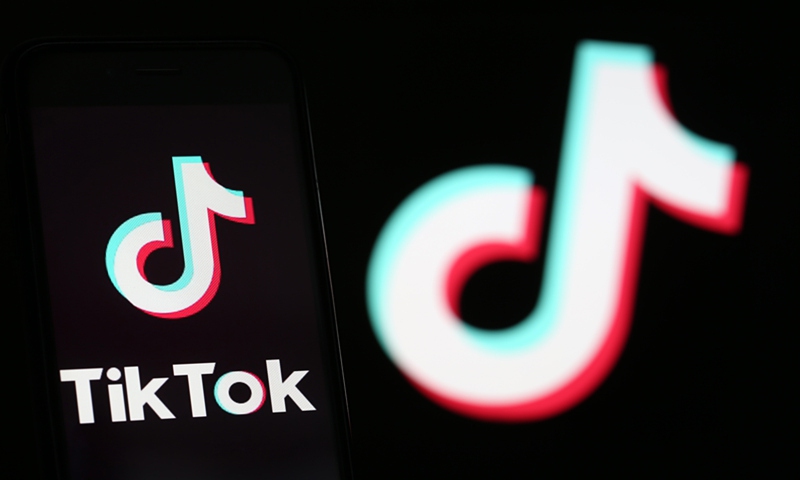On the evening of Saturday local time, TikTok suspended its service to US users, and both Google and Apple removed it from their app stores for the well-known reason – Washington’s “ban-or-sale” order under the guise of “national security.” However, less than half a day later, TikTok restored some basic features on Sunday morning and issued a statement thanking Donald Trump for “providing the necessary clarity and assurance to our service providers.”
Overnight, this popular short video-sharing platform in the US experienced a dramatic reversal, with many American users expressing their joy at the platform’s return. From the emotional farewell videos posted by users before the shutdown to the collective rush by many users to platforms like RedNote, known as “Xiaohongshu,” and finally to the celebratory videos after the service was restored, the political manipulation of an overstretched concept of security against TikTok has not only caused fluctuations in the emotions of the American public, but has also led to “deep personal pain” for some who rely on it for their livelihood.
“By abruptly shutting off service, TikTok proved how unpopular the ban was among its users,” the Associated Press quoted experts as saying.
Winston Churchill once said, “You can always count on the Americans to do the right thing, after they have exhausted all the other possibilities.” In the US, the focus of the debate over the TikTok issue has subtly shifted from the so-called “national security” issue to “how to gracefully keep TikTok in the US.”
Achieving what Trump called “saving TikTok” will be an unpredictable and complex process. However, it is certain that while the TikTok ban is smoothly advancing on administrative and legal levels under the guise of “national security,” opposition from both the public and the industry in the US has persisted. After all, the platform connects 170 million American users and more than 7 million businesses that thrive on the internet, along with a massive number of upstream and downstream service providers. Looking at the overall trajectory of the issue, it’s not difficult to conclude that the trap some Americans set for TikTok has ensnared them instead.
TikTok’s plight is not an isolated case but rather a microcosm of the US market environment, where similar incidents continue to occur. From the earlier case of Alstom to the recent rejection of the merger between Nippon Steel and US Steel, the increasing overstretching of the concept of security in the US is causing interference with and suppression of foreign companies, raising concerns among market participants in various countries regarding the US. This trend is also exacerbating the uncertainty in global capital markets.
The ultimate fate of TikTok will serve as a clear signal – or a thermometer – revealing whether the US government is willing to resolve issues under normal business terms or will continue to use the banner of “national security” to crush commercial enterprises.
For some time now, the mind-set of “overstretching the concept of security” has been quite popular in the US. Under this mind-set, some individuals in the US pursue “absolute security” by broadening the scope of national security issues, politicizing and weaponizing problems in non-security areas such as economics, technology, and culture. This approach has already harmed the international image of the US and has backfired on domestic interests. If this situation can be corrected, the positive stimulus it would bring to the US would be substantial.
January 20 marked the day the new US government took office. In addition to the specific issue of TikTok, the international community is also closely monitoring how this event reflects changes in the domestic business environment in the US.
It is important to mitigate the interference of “overstretching the concept of security” on normal business operations and to provide an open, fair, just, and non-discriminatory environment for market participants from various countries operating in the US. This is not only beneficial for the US but also aligns with the expectations of the international community.













